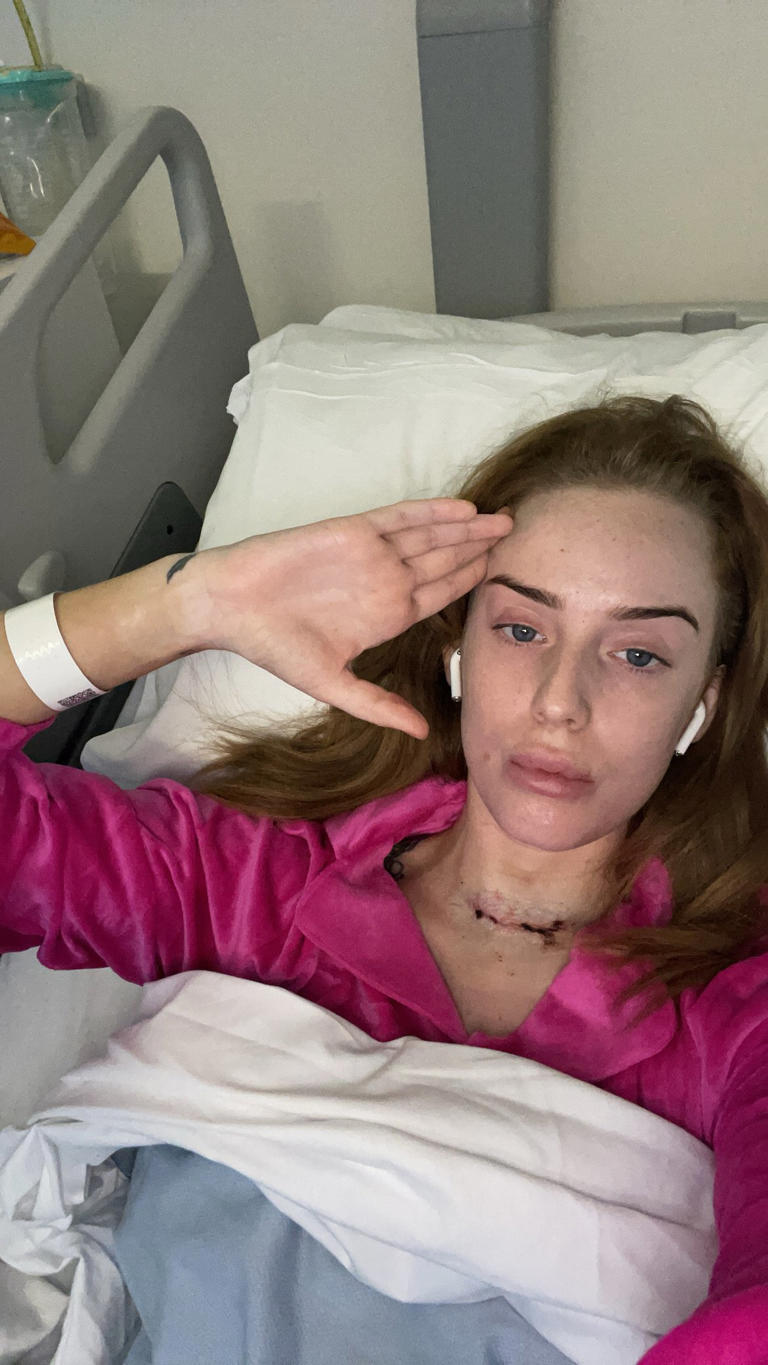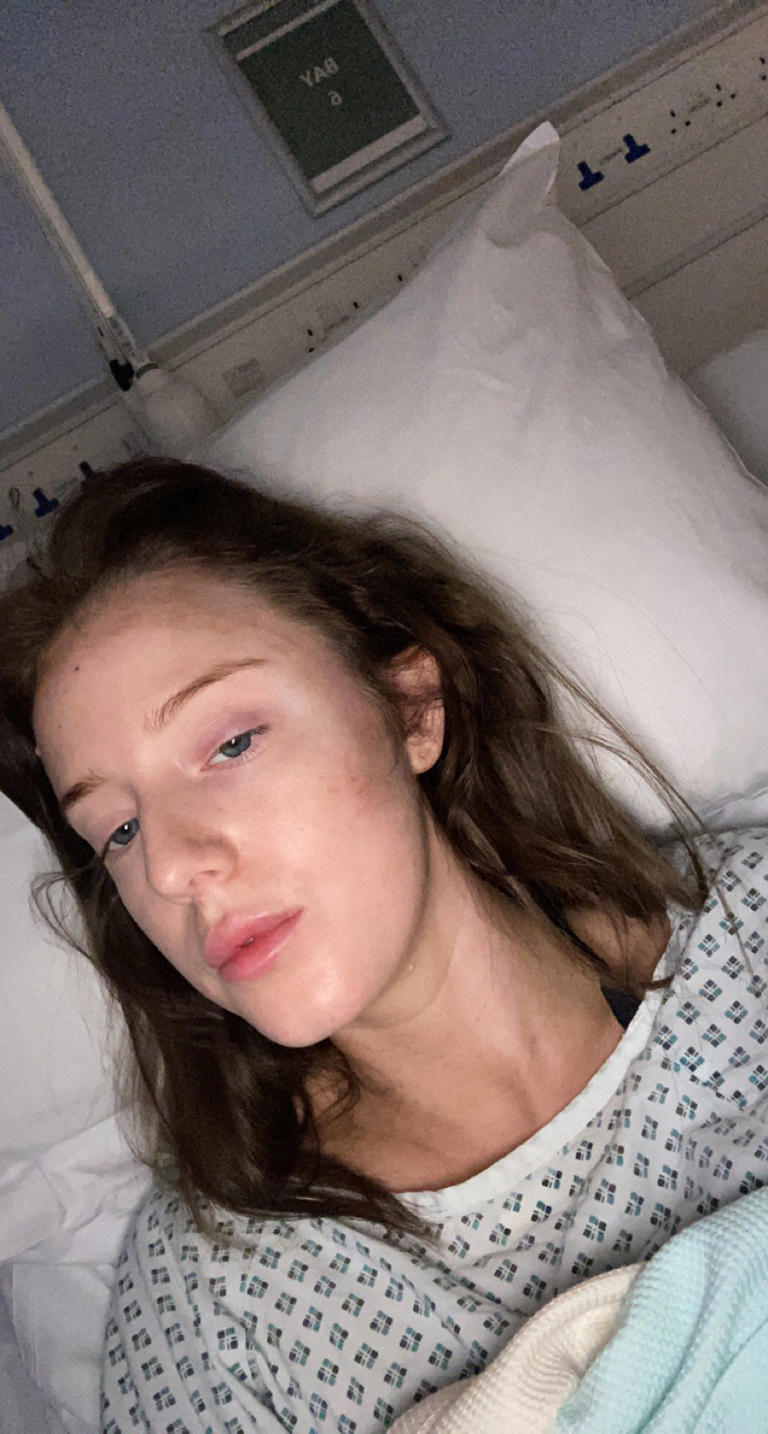Lucy Younger's Cancer Journey

“You’ve got cancer,” the nurse specialist said quietly over the phone.
My heart sank. Surely, she had the wrong girl, or maybe she was reading the wrong results? For months, I was reassured that I was "too young" to have cancer. How could this now be true?
But perhaps I shouldn’t have been surprised. This wasn’t my first battle with medical misdiagnosis. Three years earlier, I endured two long years of being dismissed before my brain tumor was finally discovered.
At 18, just before moving to London for university, I began experiencing terrifying symptoms: seizures, fainting spells, vivid hallucinations of pink elephants and swimming pools, and an inexplicable salty taste of bacon in my mouth. Doctors told me I was anxious, overworked, and partying too much.
I tried to follow their advice, but the symptoms only worsened. I was eventually put on high doses of antidepressants, even though I felt no depression. Desperate for answers, I turned to Google, which led me to suspect a brain tumor. Yet, no one would listen to me.
It wasn’t until I collapsed in my kitchen during the COVID-19 lockdown that I finally received the help I needed. A local pharmacist advocated for me, leading to an MRI scan. Thirty minutes after the scan, my suspicions were confirmed: a tumor in my right temporal lobe. I needed immediate neurosurgery.
The diagnosis brought relief more than fear. I wasn’t imagining things, nor was I the "hysterical young woman" I had been made out to be. The surgery was successful, but recovery brought its own challenges—memory loss, epilepsy, and a long road to physical and emotional healing.
I eventually returned to university, graduated, and began to rebuild my life. But two years later, I found myself back in familiar territory.
New symptoms emerged—fatigue, a persistent cough, and a choking sensation around my neck. Doctors dismissed my concerns once again, suggesting anxiety, hormones, or even an STI. It wasn’t until I switched GP practices that I was taken seriously. Blood tests and an ultrasound revealed that the “cyst” on my thyroid was actually cancer that had spread to my lymph nodes.
I’m now waiting for my second surgery. While I’m grateful for the incredible care I’ve received from my current GP and the NHS, the journey to diagnosis has left me deeply frustrated.
Twice now, my symptoms were brushed aside because of my age and, I believe, my gender. Sadly, I’m not alone. Research shows that women are often misdiagnosed or dismissed in healthcare settings. A 2021 study by The Academy of Medical Sciences revealed that women are 50% more likely to receive an incorrect diagnosis for a heart attack, among other biases.
In 2022, the UK Government introduced a women’s health strategy to address these disparities, but the work is far from over.
My story is a reminder: young people, regardless of age or gender, deserve to be heard and taken seriously. We know our bodies, and we deserve better.
It’s time to treat women as more than just their hormones or anxiety. And it’s time to recognize that there’s no such thing as being "too young" for a serious diagnosis.
I’m living proof of that.

